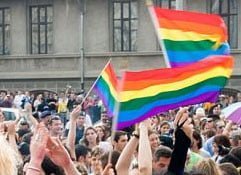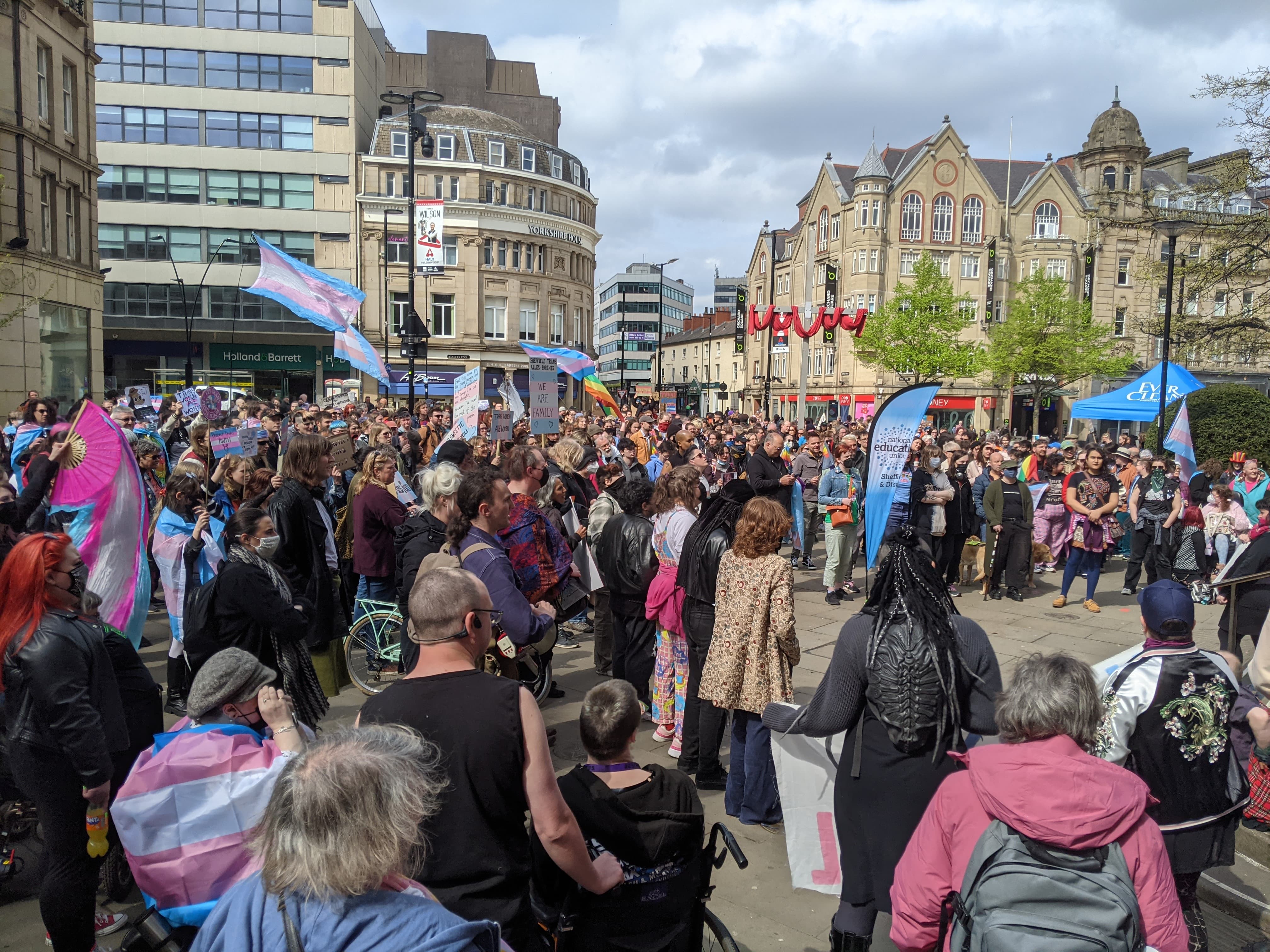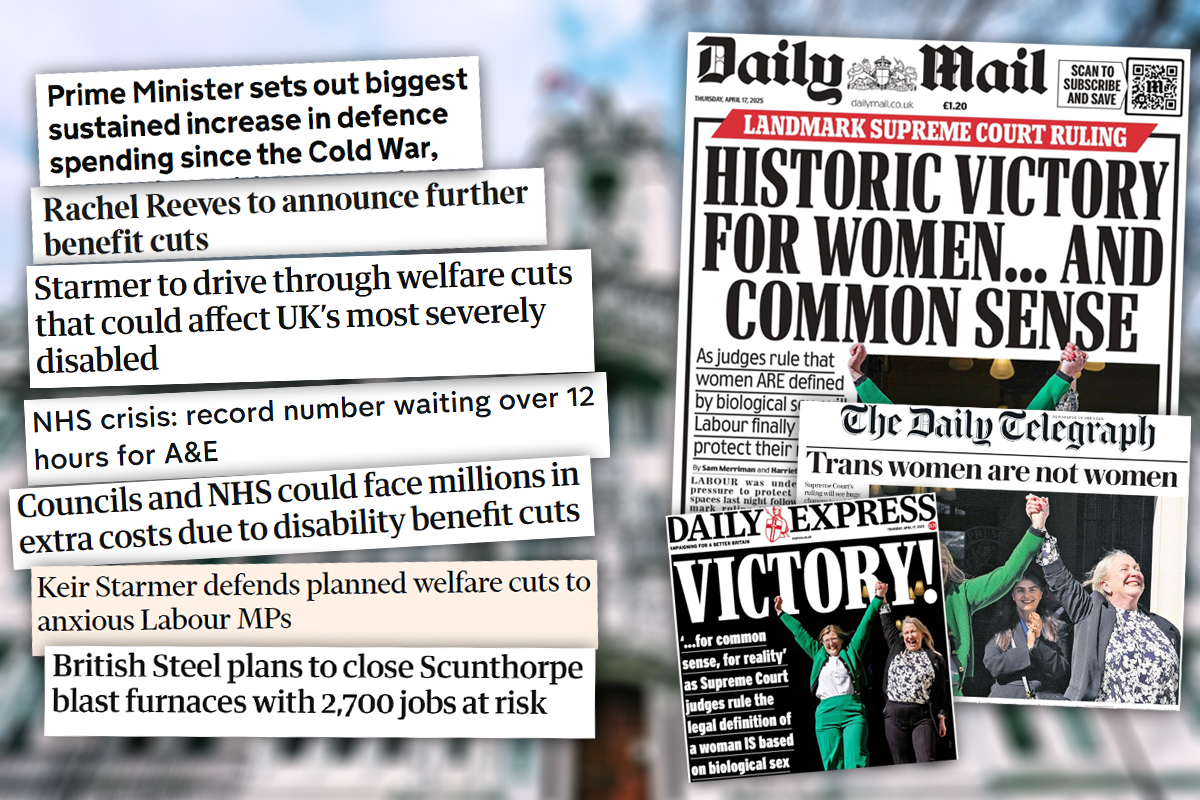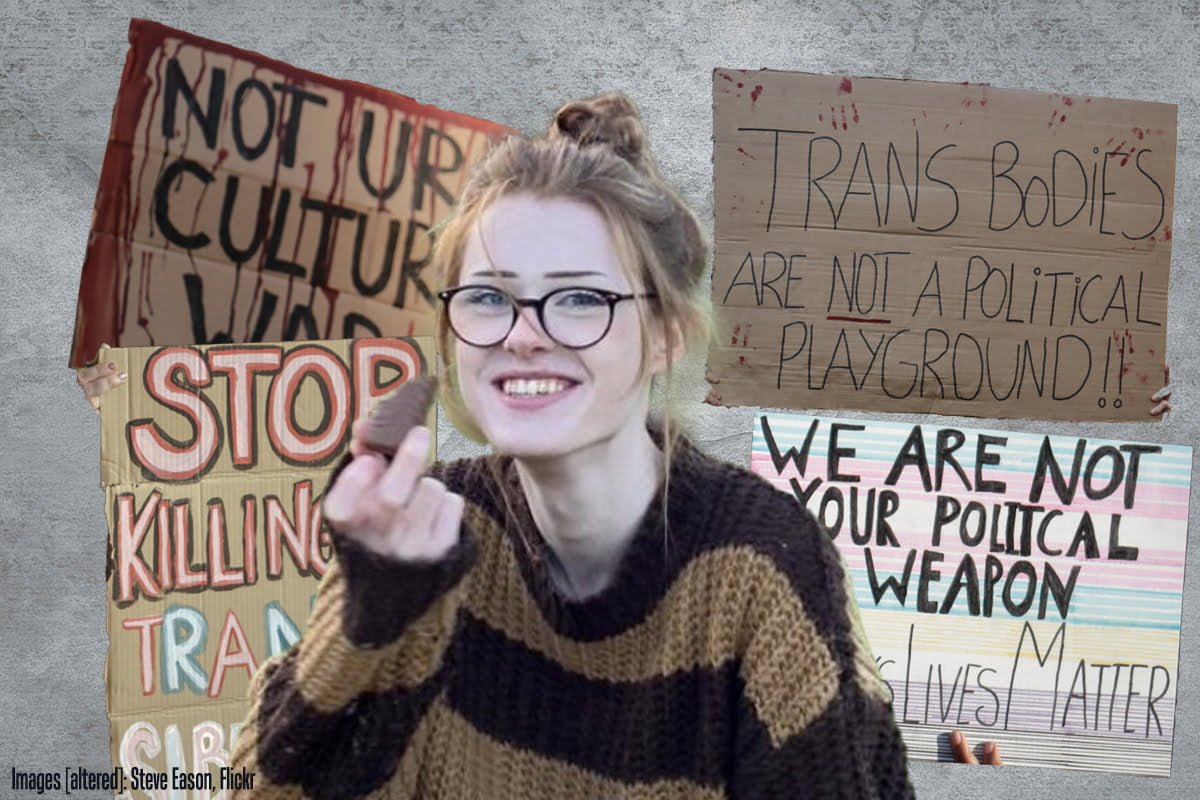Last year saw the fortieth anniversary of the decriminalisation of male homosexuality in England and Wales – it took over a decade for Scotland and Northern Ireland to catch-up.
Gay people had won the right to have sex: as long as you were both over 21, the curtains were shut, the doors closed, there was nobody else in the house and you weren’t in the armed forces. Oddly enough heterosexuals have never had to fight for this very limited privilege. The 1967 Sexual Offences Act was the first victory for a nascent gay rights movement, but there were still many battles to be fought. Gay people could still, perfectly legally be refused service in a pub or shop, kicked out of their house by the landlord, refused a hotel room or turned down for a job on the grounds of their sexuality. What’s more, gay people faced abuse and violence if they were ever to be open about their sexuality and lack of interest by the police if they were to ever report problems. These are all issues that have been faced by countless minority groups throughout history. All of them have won change by organising and fighting for their rights, and where they have achieved most success is when working with the labour movement.
This is where we see the history of the struggle for gay rights is markedly different from other civil rights movements. The Black Civil Rights movement in the USA won the most concessions from the ruling class by mass organising for strikes, boycotts and civil disobedience. This was a tactic not really open to the gay rights movement as gay people were not born into their own communities as racial minorities are, and therefore don’t have a majority in any area in which they can exercise economic power. So the movement quickly got entrenched in holding pride marches: a tactic that held some power but that could not really effect genuine change on its own. Without the option of exercising their collective labour power to improve their legal rights, the gay rights movement never had an obvious reason to make meaningful links with trade unions. There are some examples where gay rights have been furthered by links with the labour movement, such as implementation of sex education including of sexual minorities by the Greater London Council in the 1980s (a policy that was quickly scrapped by Thatcher’s section 28). But in general the lack of links, due to both the circumstances that the gay rights movement had to work within and the homophobia present in the left, was of detriment to the struggle for gay rights.
Legal equality
Although the government has made several key steps towards legal equality, in the shape of equalising the age of consent, civil partnerships and equal rights in work and in providing goods and services, it still fails to tackle the key places where homophobia takes place and often ruins people’s lives.
While parliament preaches about equality and respect working class gay people suffer continual discrimination and harassment in their local community, at work, at school, in the pub or even in their own houses. It is a horrible thing to have to worry about strangers’ reactions when you are walking down the road with another man or woman, or to have to grin-and-bear homophobic comments at school, work or just out at the cinema or in the pub. These are huge problems facing gay people today. The gay rights organisation Stonewall has said that homophobic bullying is "endemic" in Britain’s school, and although some well-meaning teachers try to combat it through education, schools tend to turn a blind eye to it. Little is done by schools and very little by the politicians. The bare truth of the matter is that bigotry serves to divide working class communities.
The constant presence of homophobia can easily create a feeling of isolation and fear, even if there is no direct threat or harassment. This can lead gay people into almost segregated lives in which their main social interactions, apart from work, are with other gay and lesbian people in gay pubs, clubs, cafes and restaurants. Self-imposed social isolation of this type breeds further divisions and resentment among working class people, which only creates further hatred and perpetuates this cycle.
The labour movement is becoming increasingly aware of issues effecting LGBT workers, with several unions including UNISON sponsoring pride marches, the TUC highlighting the issue of discrimination at work, and most importantly, fighting for the rights of gay workers. The most notable case of which was UNISON and AMICUS among others lodging legal action against the government over pension rights for gay couples.
Discrimination because of someone’s sexuality, as because of their race, gender or nationality, can only divide the working class and play into the hands of the bourgeoisie. Gay and lesbian people must organise their own fight for rights, but this can only be successful as part of a labour movement fighting for a socialist transformation of society. And only with socialism can come the complete disappearance of homophobia and realisation of full and equal rights for gay people.






